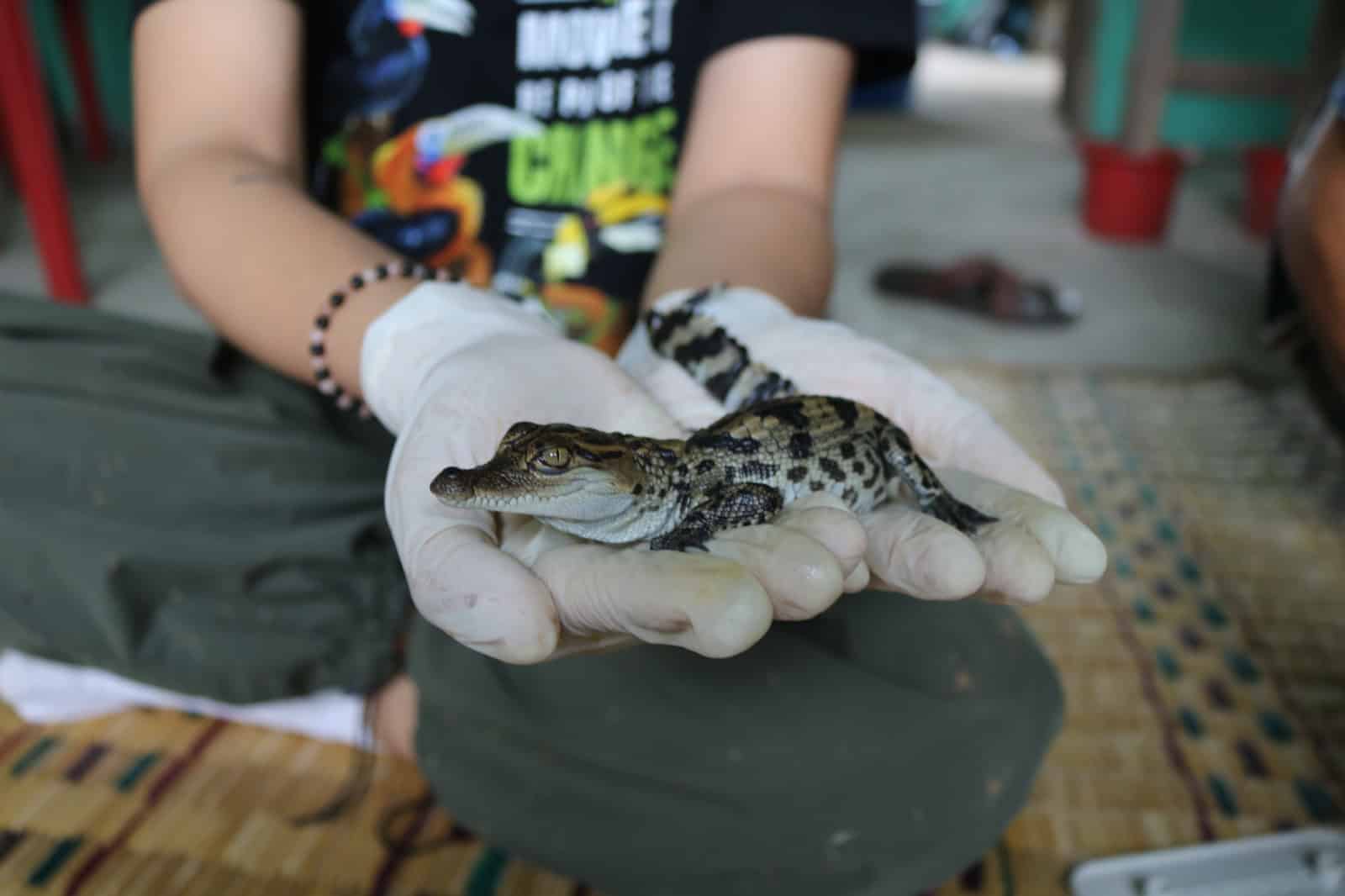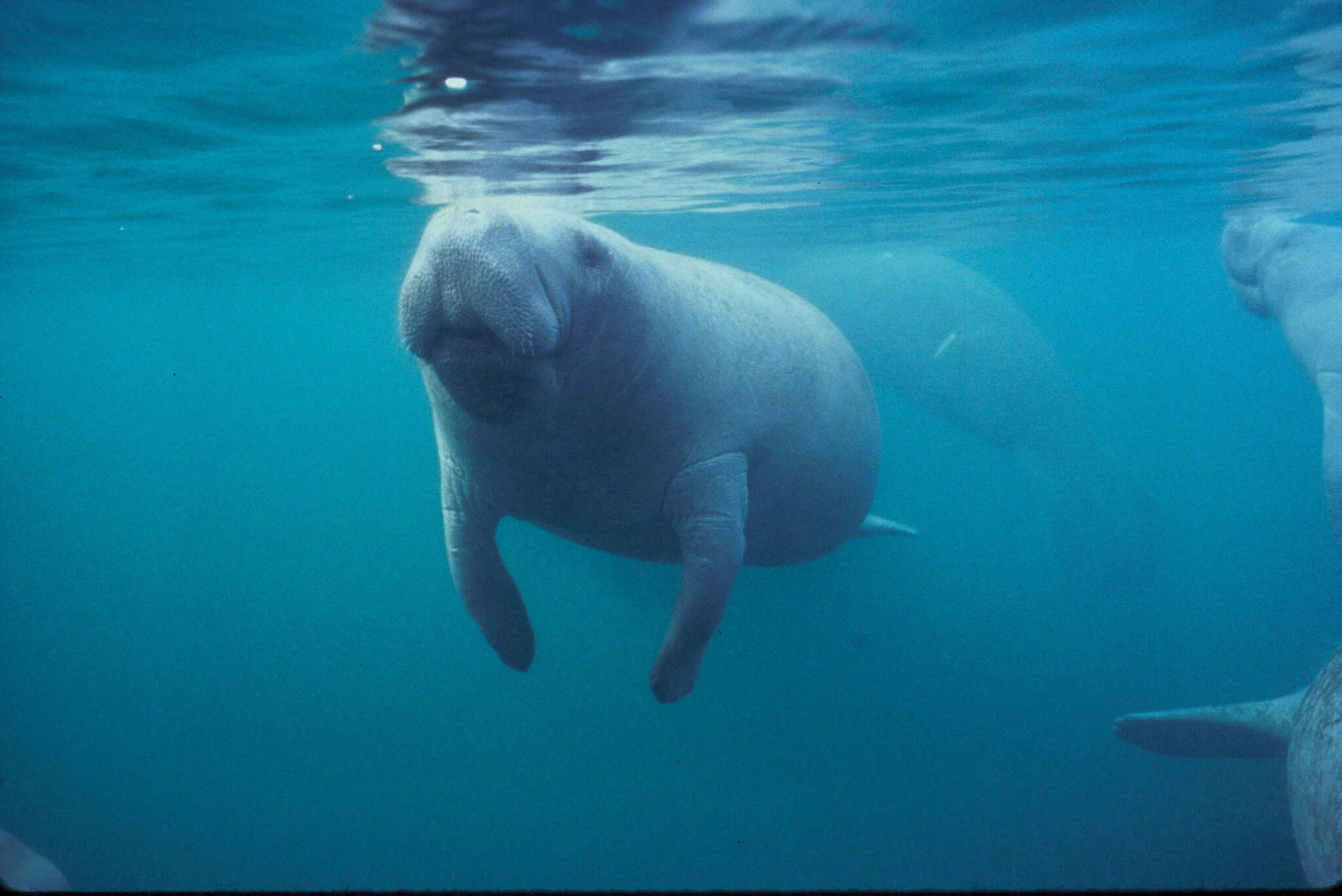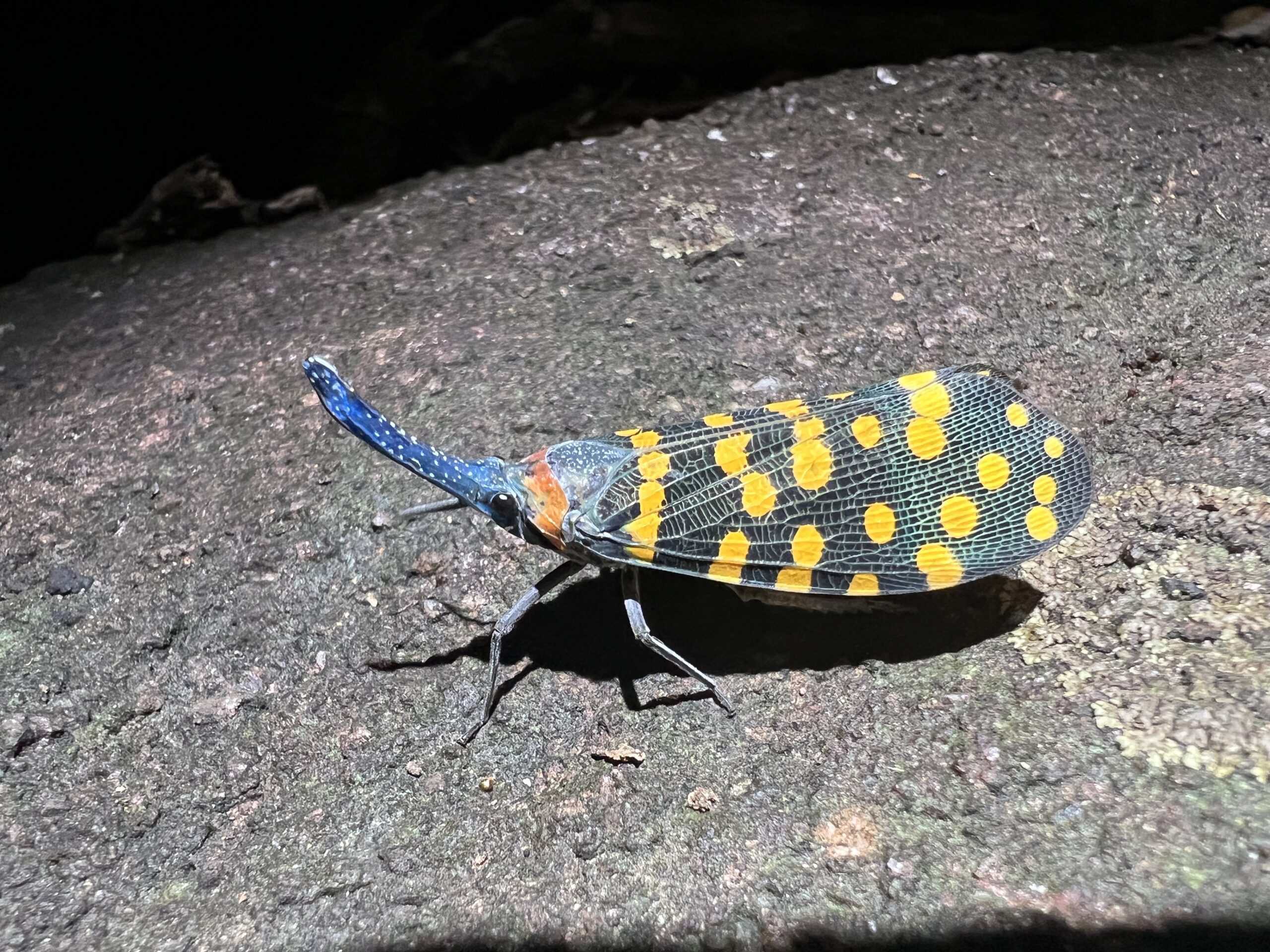
Newly described species are increasing in pace
Discoveries are now outpacing extinctions
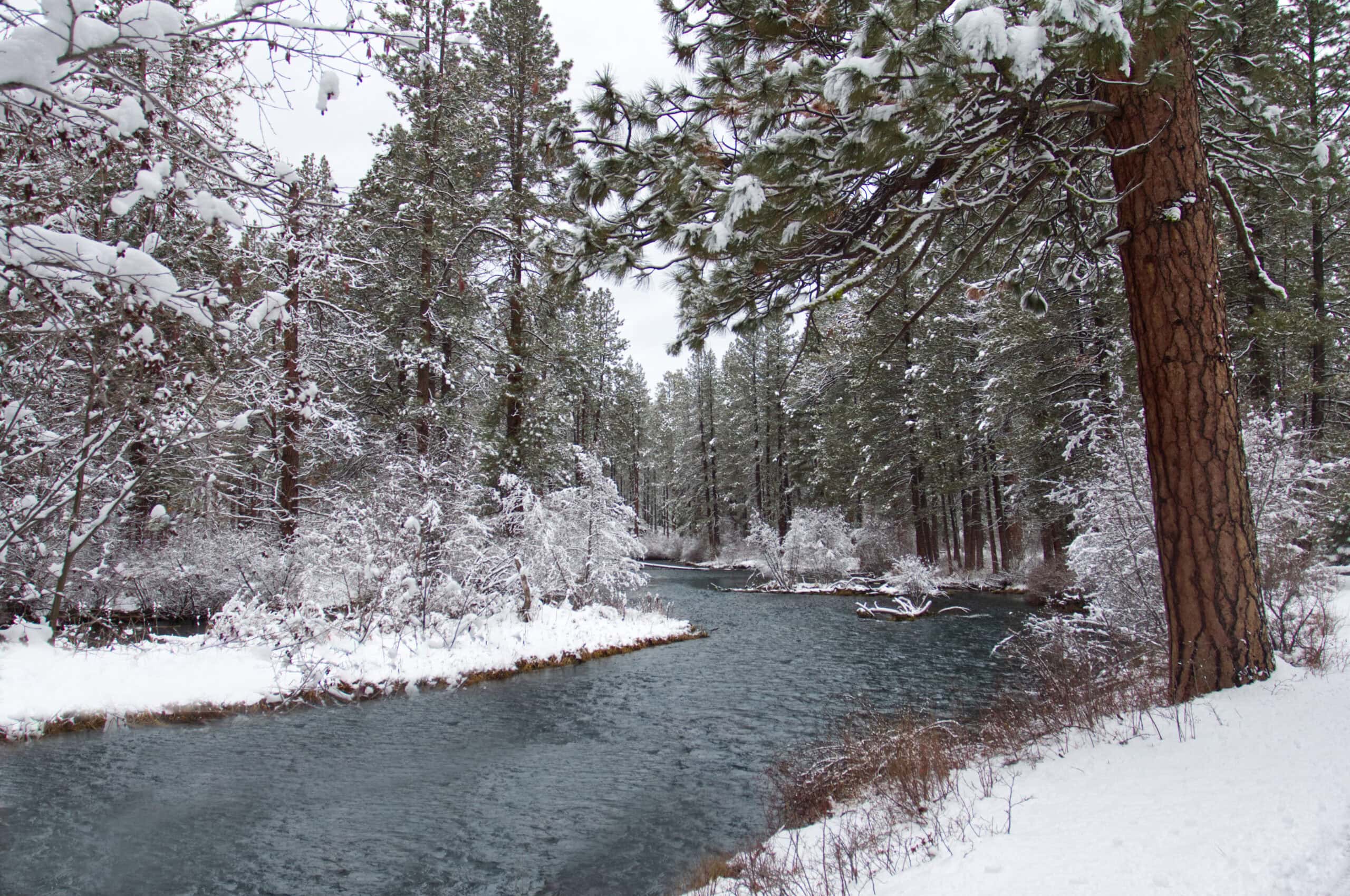
Apply now for TWS’ Leadership Institute Class of 2026
The Wildlife Society is accepting applications for its Leadership Institute class of 2026 through March 13
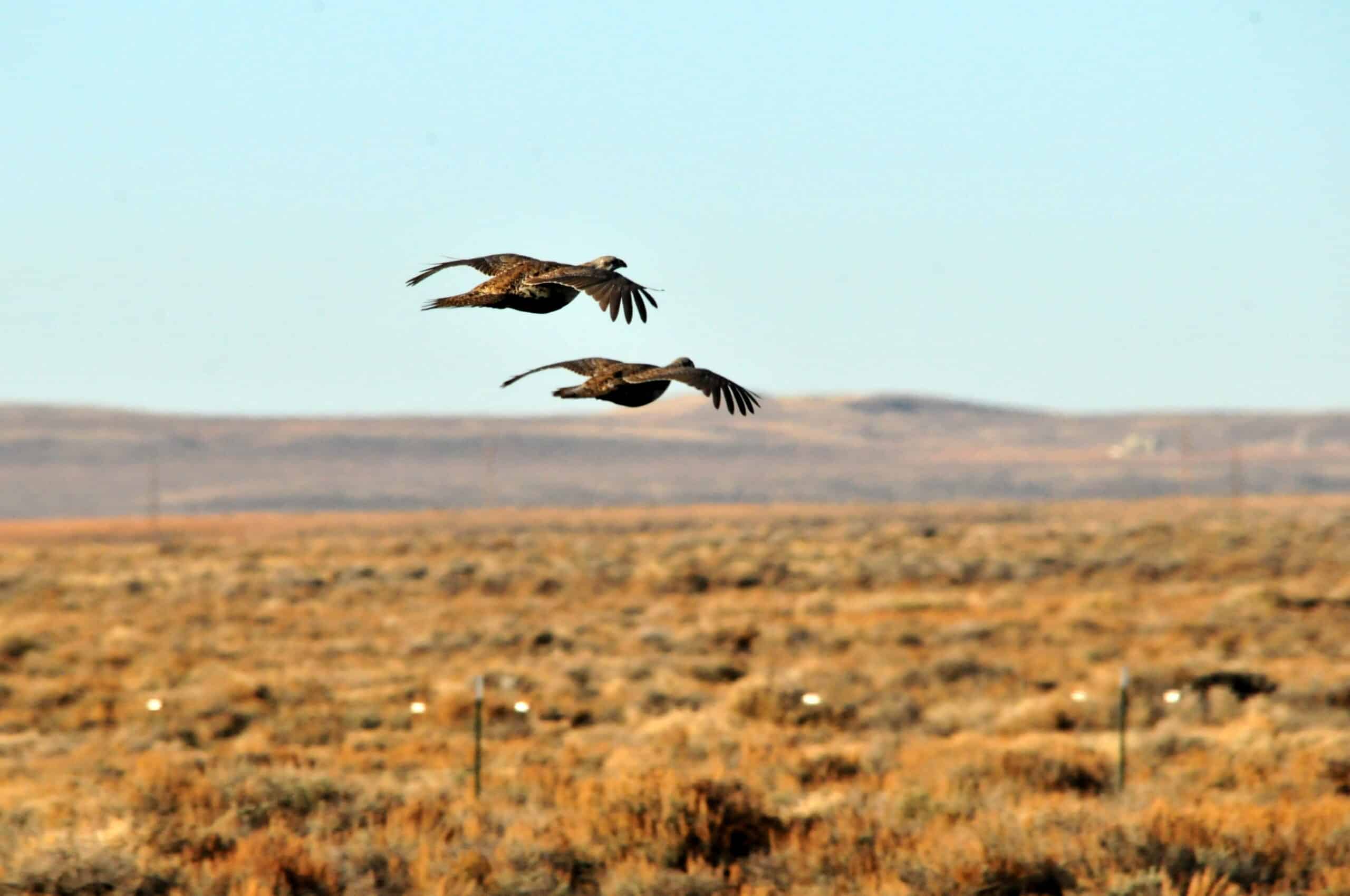
Press Release: NEPA rule sidesteps Congress and public input
TWS makes official statement expressing concerns regarding changes to NEPA

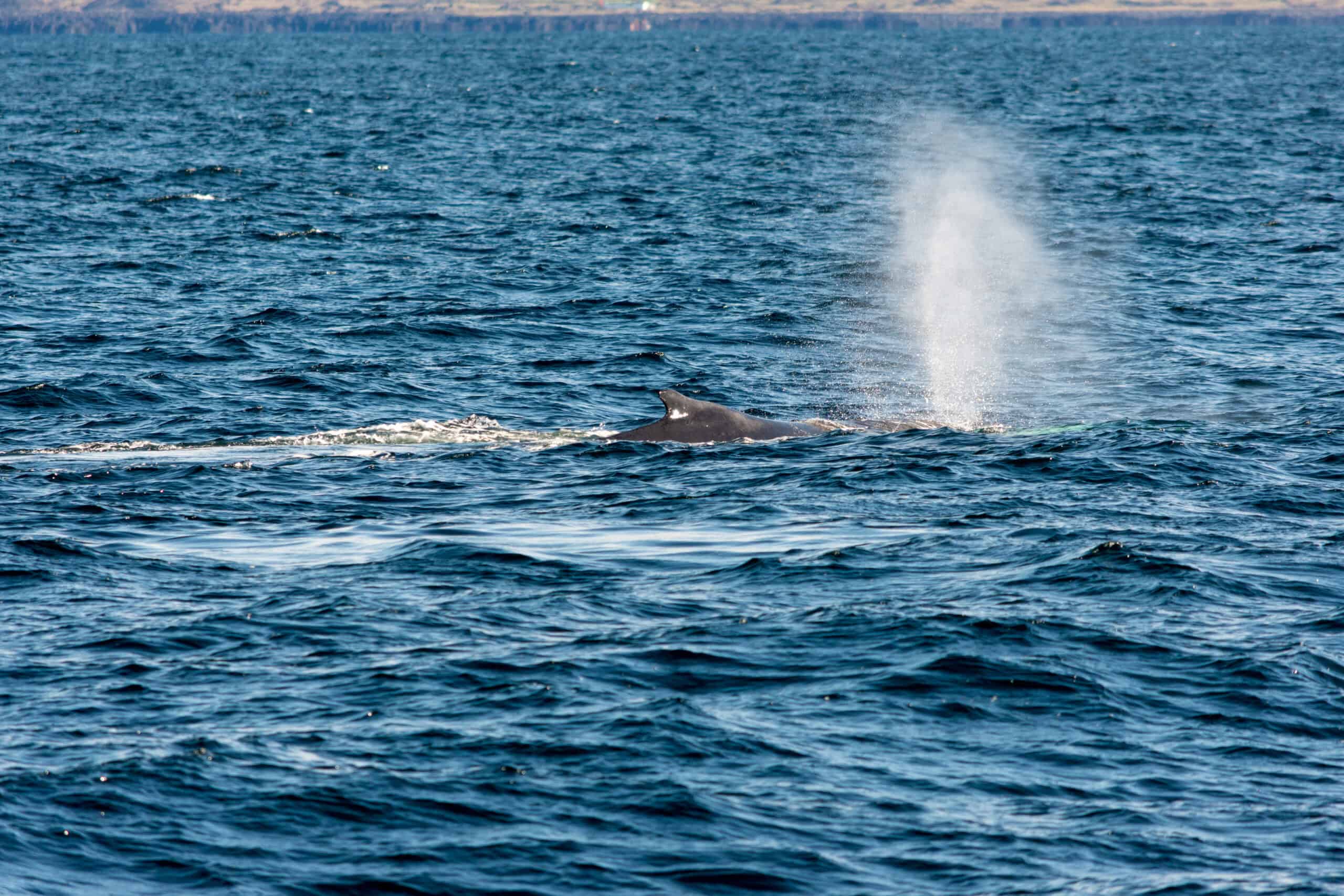
Potentially lethal virus detected in Arctic whales
By using drones, scientists collect water from the whale spouts

LISTEN: Transportation ecology bridges the gap
Wildlife crossings connect landscapes and save lives
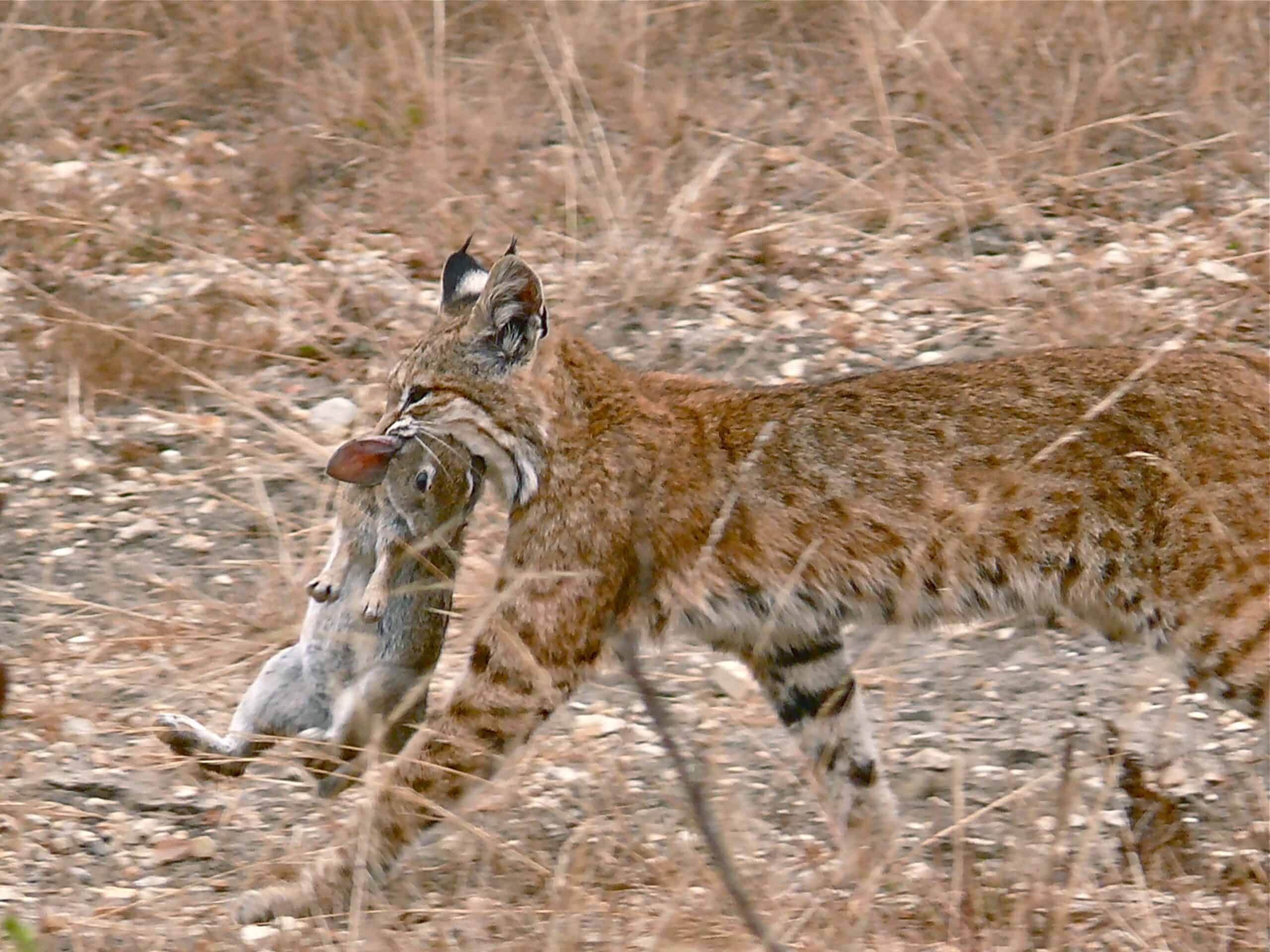
Carnivores disperse fungi spores
Meat-based diet can help with ecosystem health


RMEF and USFS partnership improves safety, wildlife habitat
Funds leveraged by the Rocky Mountain Elk Foundation and the U.S. Forest Service help safety and access on public lands
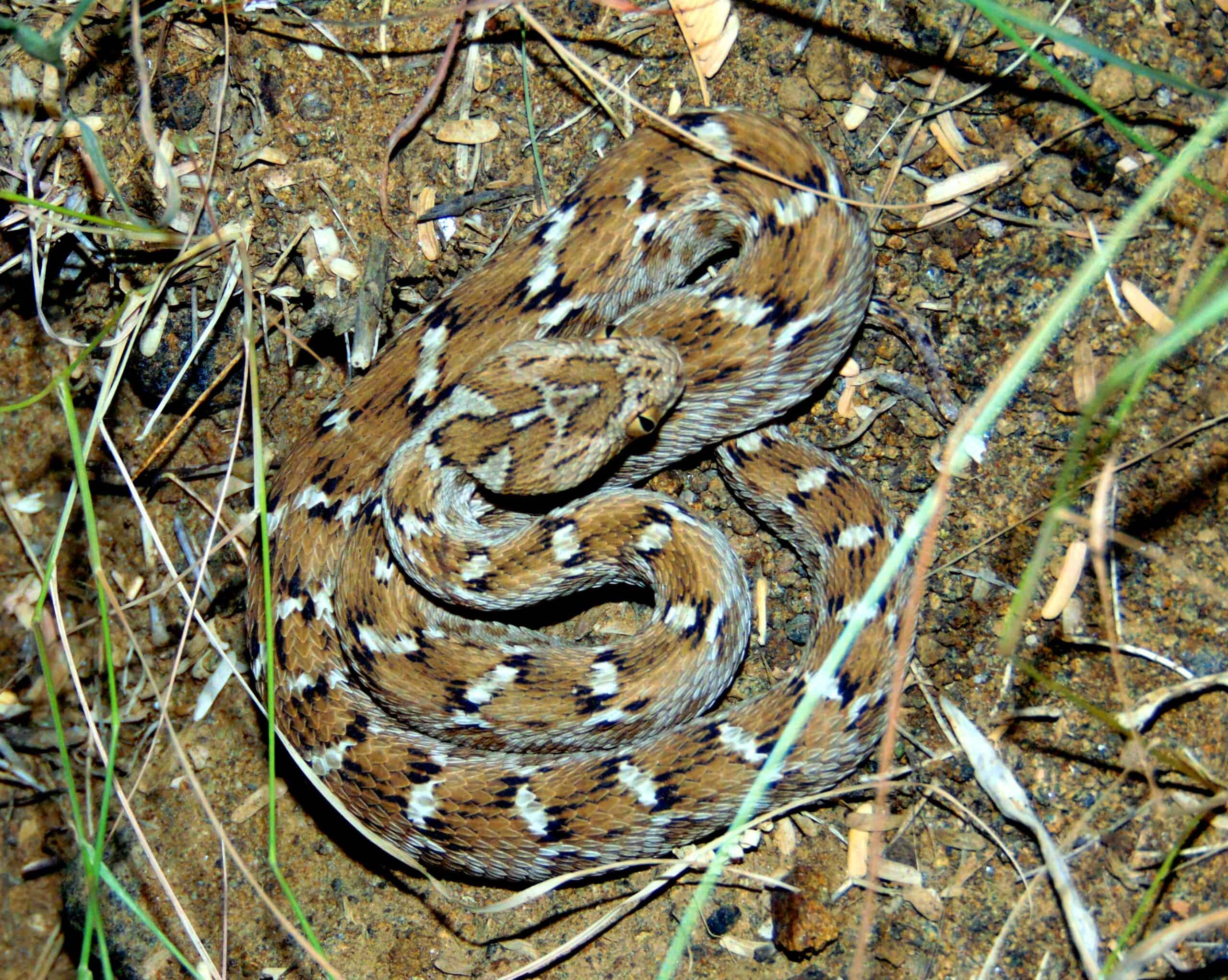
Climate change bites for snakes
Venomous serpent strikes in India may jump with climate change
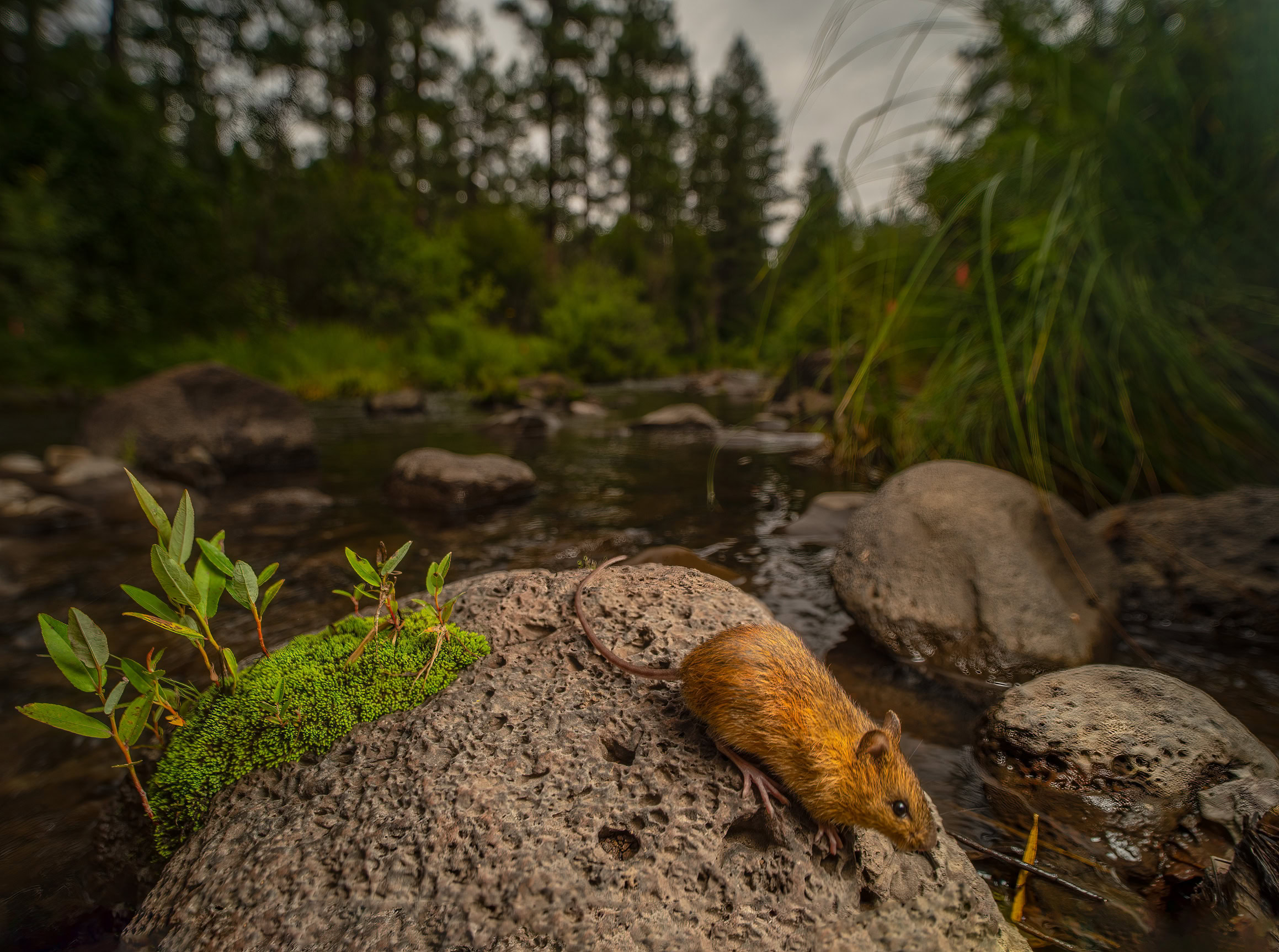
The January issue of JWM is now available
The featured article models the occupancy of prey, predators and livestock in the Central Himalayas





